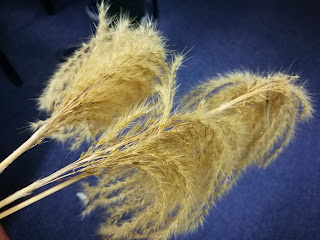EC workshop

On the 27th February I was fortunate to be able to attend a workshop run by the Education Council on the "new" standards that have been put out for teachers in schools. Unfortunately, some teachers have brushed this off with "Oh they have just put 12 criteria into 6 standards but really nothing has changed". When you read the standards carefully you notice that there has been a sea change which has already been reflected in the more progressive schools especially those who engaged with assessment for learning , Kia Eke Panuku , and to a lesser extent PB4L . So what has changed? Std1 Waitangi partnership - Practise and develop the use of te reo and tikanga Māori Std2 Professional learning - Critically examine how my own assumptions and beliefs, including cultural beliefs, impact on practice and the achievement of learners. Std3 Professional Relationships - Communicate clear and accurate assessment for learning and achievement for learning Std4 Learning-fo...




